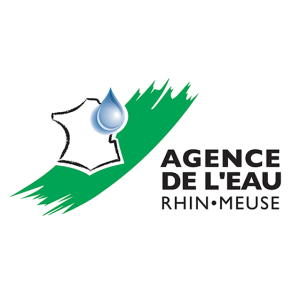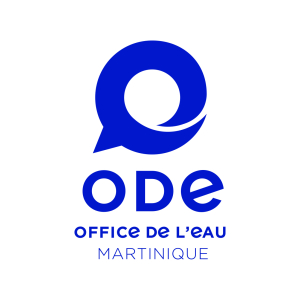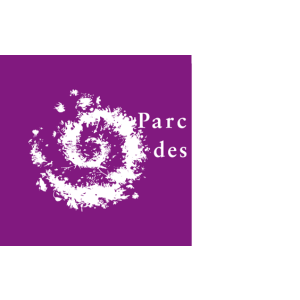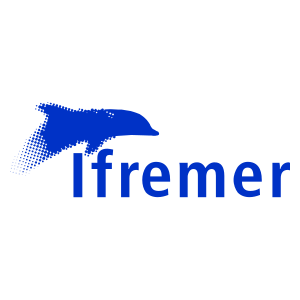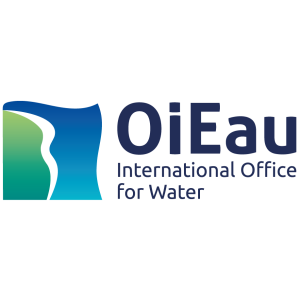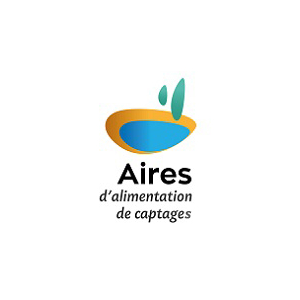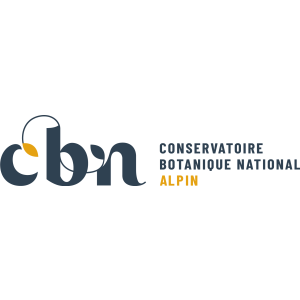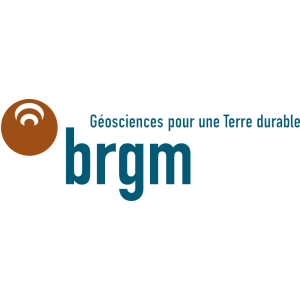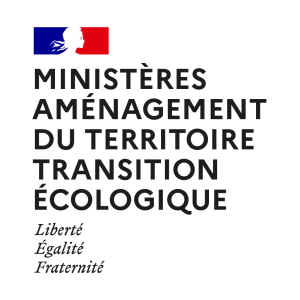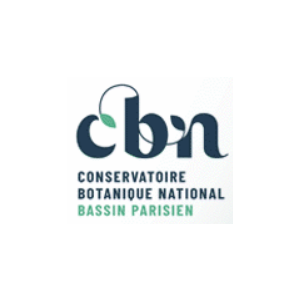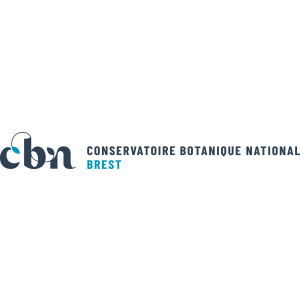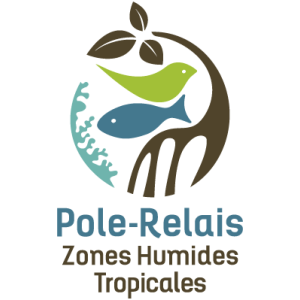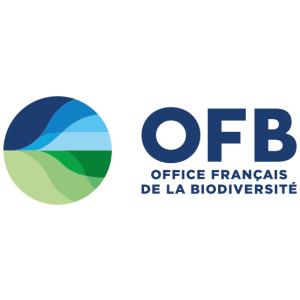
Document généré le 06/02/2026 depuis l'adresse: https://www.documentation.eauetbiodiversite.fr/fr/notice/crustacea-copepoda-in-the-iberian-peninsula-climate-implications-on-host-parasite-interactions
Titre alternatif
Producteur
Contributeur(s)
Éditeur(s)
EDP Sciences
Identifiant documentaire
11-dkey/10.1051/kmae/2017002
Identifiant OAI
oai:edpsciences.org:dkey/10.1051/kmae/2017002
Auteur(s):
Javier Sánchez-Hernández
Mots clés
alien species
ectoparasite
fish host
global warming
mixed models
espèces exotiques
ectoparasite
poisson hôte
réchauffement climatique
modèles mixtes
Date de publication
06/03/2017
Date de création
Date de modification
Date d'acceptation du document
Date de dépôt légal
Langue
en
Thème
Type de ressource
Source
https://doi.org/10.1051/kmae/2017002
Droits de réutilisation
Région
Département
Commune
Description
The non-native parasitic anchor worm (Lernaea cyprinacea) may induce anaemia, malformations, reduced growth and increased susceptibility to secondary infection to its hosts. The objectives of this study were to (i) compile a list of the host species of L. cyprinacea in the Iberian Peninsula and (ii) assess if climate may impact on infestation levels of the parasite. There were two primary sources for data collection: (i) fish sampling in the Tormes Basin (Ávila, central Spain) during August 2010 and 2016 and (ii) data retrieved from publications containing relevant information about L. cyprinacea. Eleven temperature variables were obtained from Worldclim. Next, the relationship between infestation levels of the anchor worm (prevalence, intensity and abundance) and temperature was tested using mixed models. Fifteen cyprinids species among 18 species are host of L. cyprinacea in the Iberian Peninsula. Infestation levels of the anchor worm are highly connected to temperature. Finally, the possible implications of global warming for host–parasite interactions are discussed.
Accès aux documents
0
Consultations
0
Téléchargements

